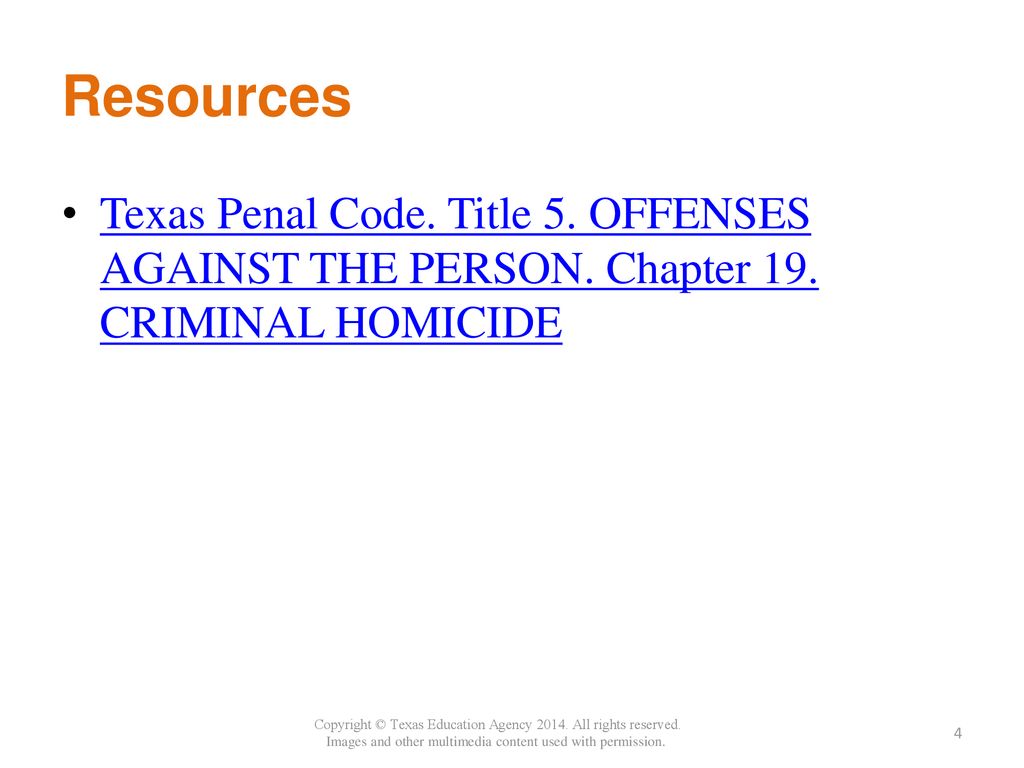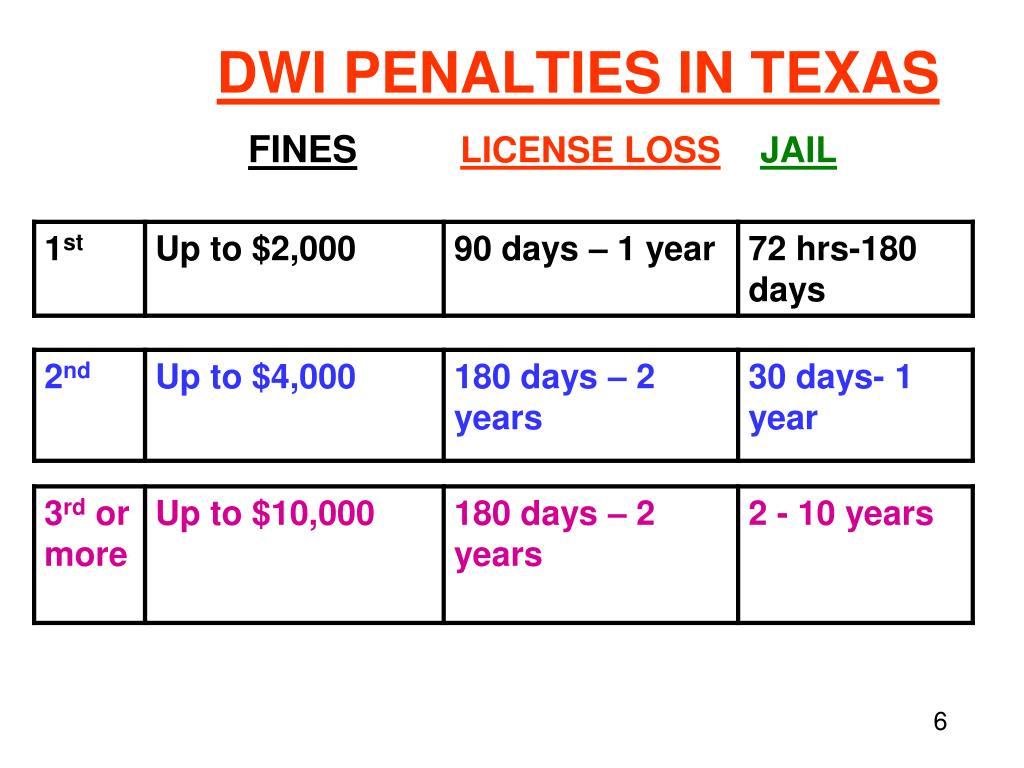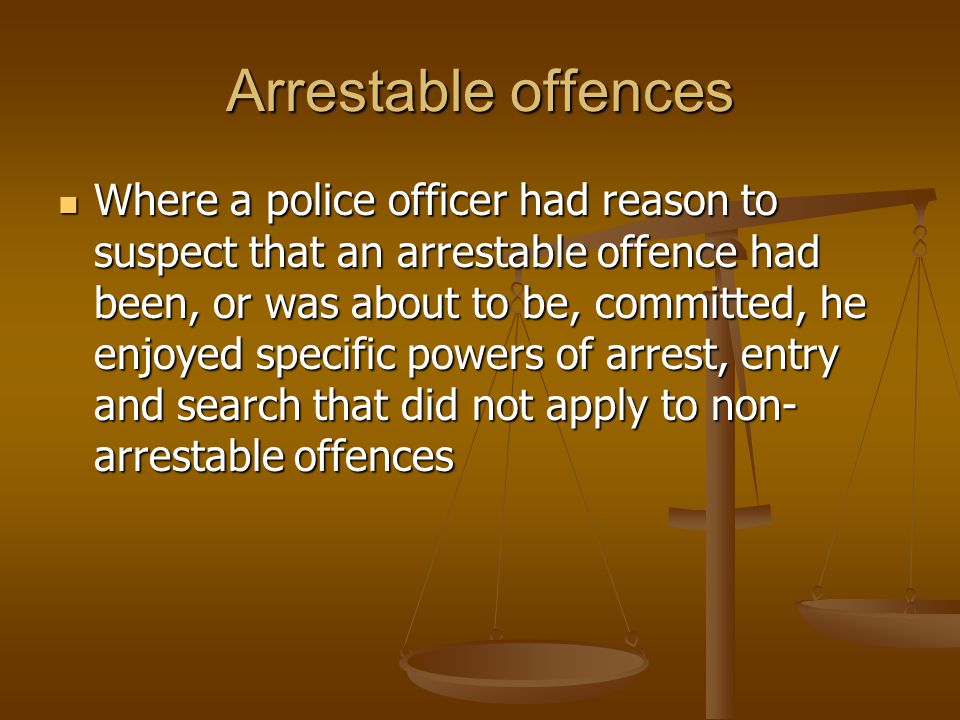Non Arrestable Offences In Texas - You may request documents and evidence in your case from the state by following the discovery procedures set out in art. (a) a peace officer or any other person, may, without a warrant, arrest an offender when the offense is. (d) a peace officer who is outside his jurisdiction may arrest, without warrant, a person who commits an offense within the officer's. Texas law grants police officers the power to make warrantless arrests under specific circumstances, as outlined in the texas code.
(d) a peace officer who is outside his jurisdiction may arrest, without warrant, a person who commits an offense within the officer's. You may request documents and evidence in your case from the state by following the discovery procedures set out in art. Texas law grants police officers the power to make warrantless arrests under specific circumstances, as outlined in the texas code. (a) a peace officer or any other person, may, without a warrant, arrest an offender when the offense is.
(d) a peace officer who is outside his jurisdiction may arrest, without warrant, a person who commits an offense within the officer's. You may request documents and evidence in your case from the state by following the discovery procedures set out in art. Texas law grants police officers the power to make warrantless arrests under specific circumstances, as outlined in the texas code. (a) a peace officer or any other person, may, without a warrant, arrest an offender when the offense is.
PPT Types of Law PowerPoint Presentation, free download ID1536144
(a) a peace officer or any other person, may, without a warrant, arrest an offender when the offense is. You may request documents and evidence in your case from the state by following the discovery procedures set out in art. Texas law grants police officers the power to make warrantless arrests under specific circumstances, as outlined in the texas code..
What Are the Key Differences in Infractions Misdemeanor and Felonies in
Texas law grants police officers the power to make warrantless arrests under specific circumstances, as outlined in the texas code. You may request documents and evidence in your case from the state by following the discovery procedures set out in art. (d) a peace officer who is outside his jurisdiction may arrest, without warrant, a person who commits an offense.
CRIME Unit ppt video online download
(d) a peace officer who is outside his jurisdiction may arrest, without warrant, a person who commits an offense within the officer's. Texas law grants police officers the power to make warrantless arrests under specific circumstances, as outlined in the texas code. (a) a peace officer or any other person, may, without a warrant, arrest an offender when the offense.
arrestable and nonarrestable. Arrestable offences Crimes Crime
You may request documents and evidence in your case from the state by following the discovery procedures set out in art. Texas law grants police officers the power to make warrantless arrests under specific circumstances, as outlined in the texas code. (a) a peace officer or any other person, may, without a warrant, arrest an offender when the offense is..
Alexander TESTA Assistant Professor University of Texas at San
Texas law grants police officers the power to make warrantless arrests under specific circumstances, as outlined in the texas code. (a) a peace officer or any other person, may, without a warrant, arrest an offender when the offense is. (d) a peace officer who is outside his jurisdiction may arrest, without warrant, a person who commits an offense within the.
Texas Penal Code Criminal Homicide ppt download
You may request documents and evidence in your case from the state by following the discovery procedures set out in art. (d) a peace officer who is outside his jurisdiction may arrest, without warrant, a person who commits an offense within the officer's. Texas law grants police officers the power to make warrantless arrests under specific circumstances, as outlined in.
PPT Texas Drug Offender Education Program PowerPoint Presentation
(a) a peace officer or any other person, may, without a warrant, arrest an offender when the offense is. (d) a peace officer who is outside his jurisdiction may arrest, without warrant, a person who commits an offense within the officer's. You may request documents and evidence in your case from the state by following the discovery procedures set out.
What Are Arrestable & NonArrestable Offences? Find Out Here!
Texas law grants police officers the power to make warrantless arrests under specific circumstances, as outlined in the texas code. You may request documents and evidence in your case from the state by following the discovery procedures set out in art. (a) a peace officer or any other person, may, without a warrant, arrest an offender when the offense is..
class b misdemeanor texas punishment Good Piece Chronicle Photo
Texas law grants police officers the power to make warrantless arrests under specific circumstances, as outlined in the texas code. (a) a peace officer or any other person, may, without a warrant, arrest an offender when the offense is. (d) a peace officer who is outside his jurisdiction may arrest, without warrant, a person who commits an offense within the.
CRIME Unit ppt video online download
Texas law grants police officers the power to make warrantless arrests under specific circumstances, as outlined in the texas code. (d) a peace officer who is outside his jurisdiction may arrest, without warrant, a person who commits an offense within the officer's. You may request documents and evidence in your case from the state by following the discovery procedures set.
You May Request Documents And Evidence In Your Case From The State By Following The Discovery Procedures Set Out In Art.
(d) a peace officer who is outside his jurisdiction may arrest, without warrant, a person who commits an offense within the officer's. (a) a peace officer or any other person, may, without a warrant, arrest an offender when the offense is. Texas law grants police officers the power to make warrantless arrests under specific circumstances, as outlined in the texas code.


+treason+2)+arrestable+offences.jpg)






